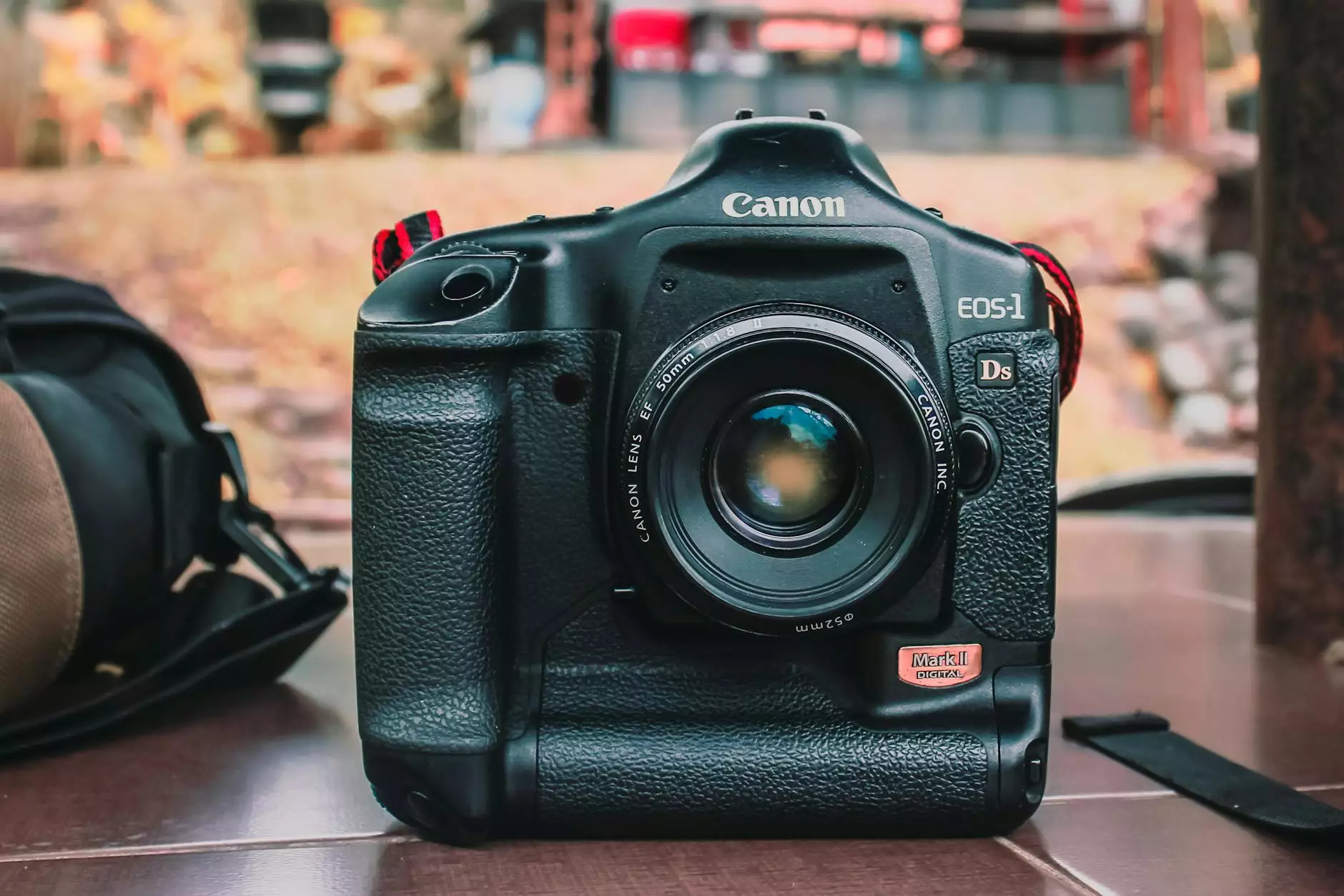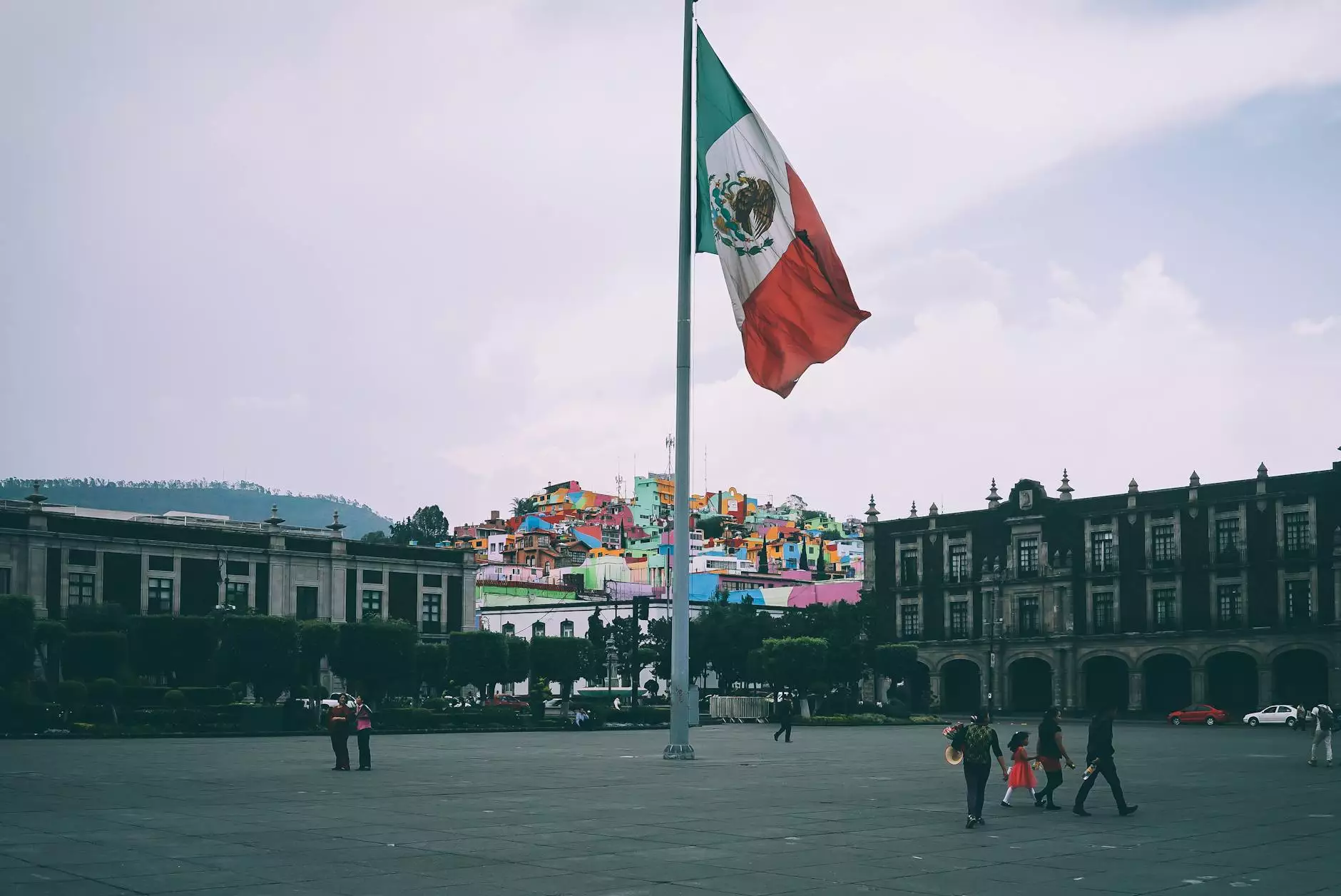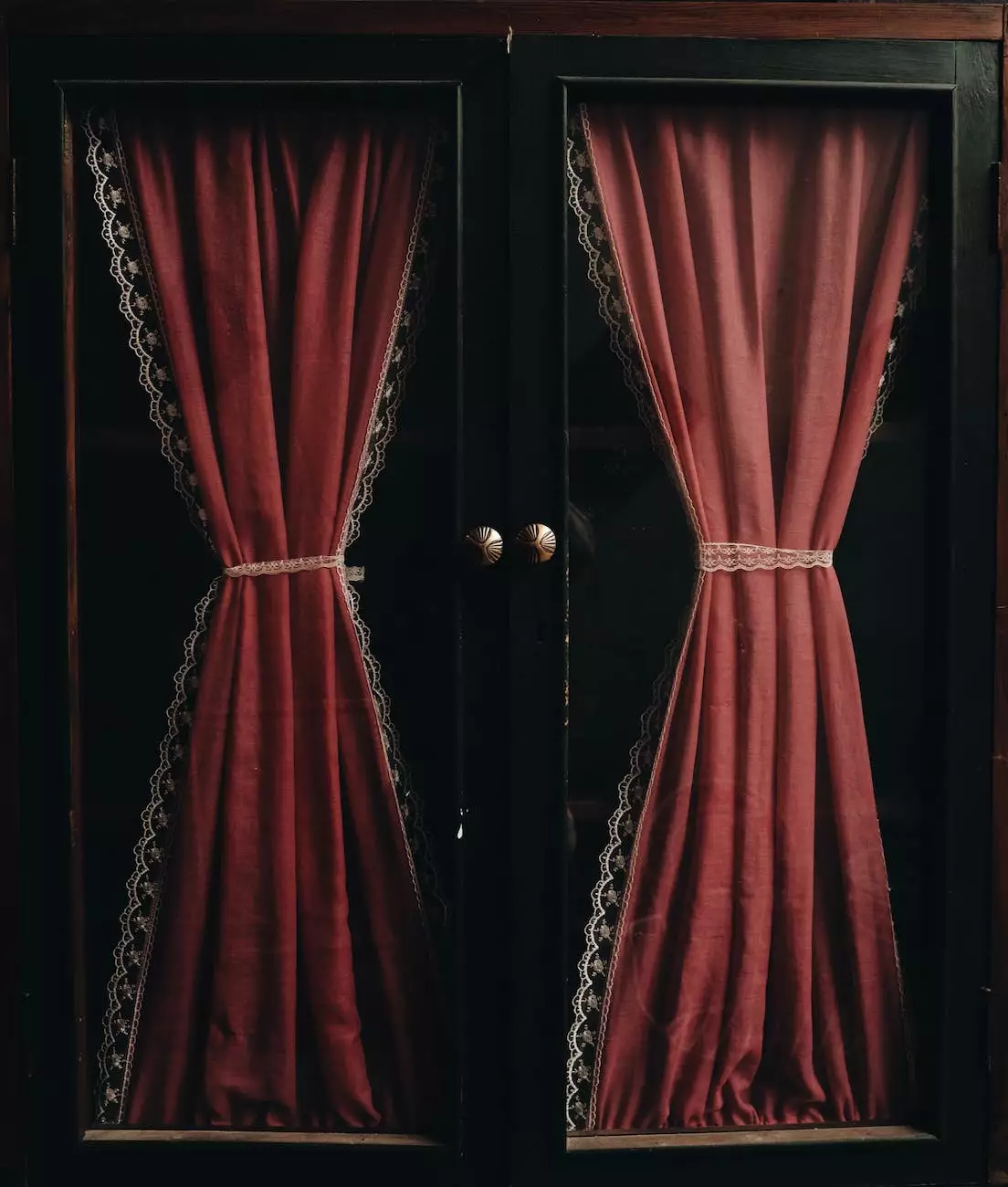Should Smoking Remain When Casinos Reopen?
Legal Issues
Introduction
Welcome to Nevada Business Chronicles, your go-to source for the latest news and insights in the business and consumer services industry. In this article, we delve into the hotly debated topic - should smoking remain when casinos reopen?
The Effects of Smoking on Public Health
Public health concerns related to smoking have been well-documented over the years. Studies have shown that exposure to secondhand smoke can lead to various health issues, including respiratory problems, heart disease, and lung cancer. The World Health Organization and other health organizations have been actively advocating for smoke-free environments to protect both smokers and non-smokers from the harmful effects of tobacco.
The Impact on the Casino Industry
The casino industry has long been associated with smoking. For many years, allowing smoking in casinos was the norm. However, as society becomes more health-conscious, the impact of smoking on the industry is being questioned.
While smoking bans have been implemented in some jurisdictions, others continue to allow smoking in casinos. The decision to permit smoking or implement smoke-free policies is influenced by factors such as customer preferences, revenue considerations, and the potential for decreased foot traffic.
Opinions For and Against Smoking in Casinos
Support for Smoking in Casinos
Proponents argue that smoking is a personal choice and that casinos should respect the autonomy of their customers. They believe that allowing smoking provides a more enjoyable experience for those who choose to smoke while gambling.
Furthermore, some argue that smoking and gambling have been linked for decades, forming a unique cultural identity. They suggest that removing smoking from casinos could adversely affect their appeal and result in a decline in revenue.
Arguments Against Smoking in Casinos
Opponents of smoking in casinos emphasize the need to prioritize public health and the well-being of employees and non-smoking patrons. They point to the numerous dangers of secondhand smoke and argue that it is the responsibility of casinos to provide a safe environment.
They also highlight that smoke-free policies have been successfully implemented in many establishments, contributing to improved air quality and a healthier environment for all. They argue that casinos should adapt to changing societal norms and promote a smoke-free experience to attract a broader customer base.
The Role of Regulation and Alternative Solutions
Regulation plays a vital role in shaping smoking policies in casinos. Government entities, health departments, and regulatory bodies are responsible for setting guidelines and requirements regarding smoking in public places.
Some jurisdictions have opted for compromised solutions, such as designated smoking areas or enclosed smoking lounges within the casino premises. These measures aim to strike a balance between catering to smokers' preferences and protecting non-smokers.
Conclusion
The debate surrounding smoking in casinos when they reopen is multifaceted, involving considerations of public health, industry impact, and individual preferences. As society becomes more health-conscious, the demand for smoke-free environments has increased.
Ultimately, the decision of whether smoking should remain when casinos reopen falls upon casino operators, regulatory bodies, and public health authorities. Striking a balance between accommodating smokers and promoting a healthy environment will be crucial in shaping the future of smoking policies in the casino industry.
References:
- World Health Organization. "Tobacco and Waterpipe Use in the Eastern Mediterranean Region: A Review of the Evidence." Eastern Mediterranean Health Journal, 2017.
- Centers for Disease Control and Prevention. "Health Effects of Secondhand Smoke." 2021.
- Kotnowski, K., & Smith, E. "Casinos and the Health of Californians: Evidence from Near‐Misses in Slot Machine Gambling." Health Economics, 2018.
- Lee, K. "Smoking and Gaming Revenue: Evidence from Las Vegas Strip Casinos." Social Science Research Network, 2009.










